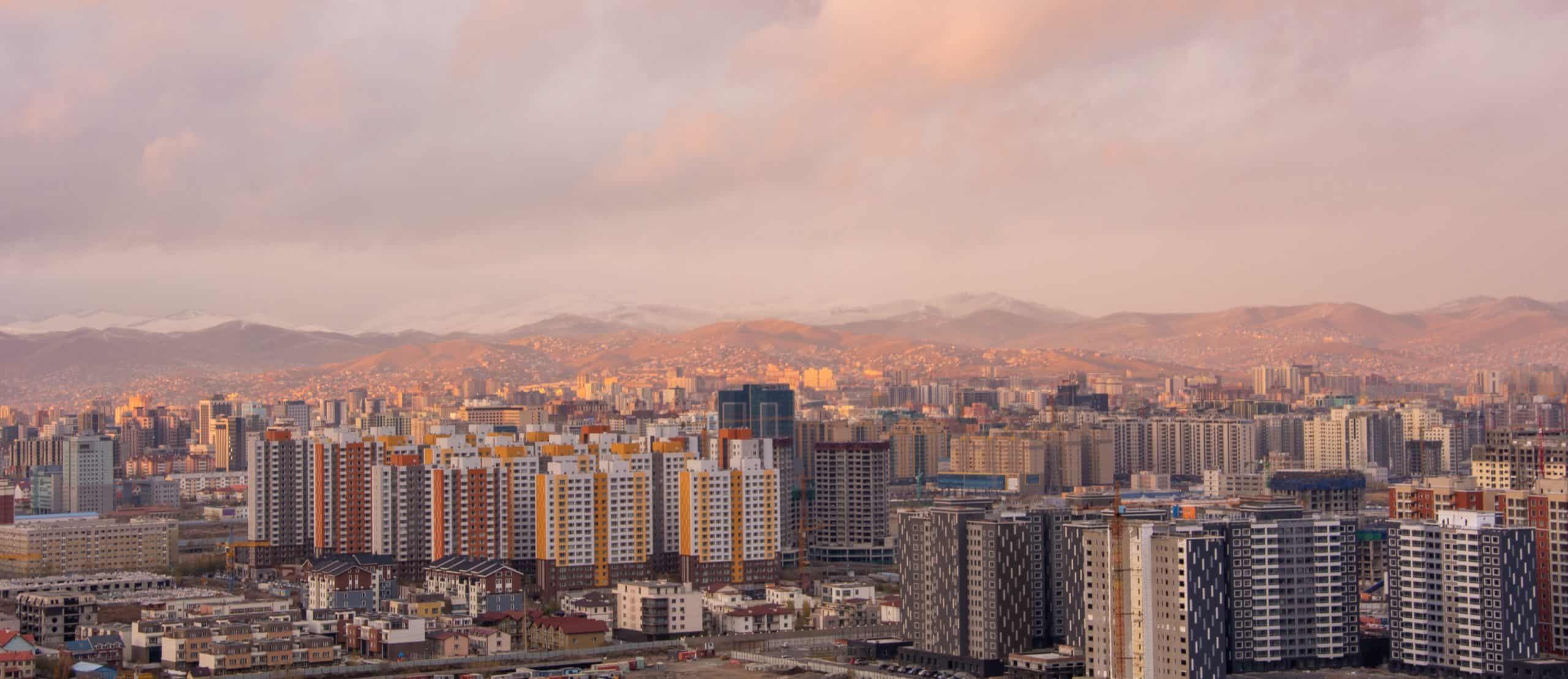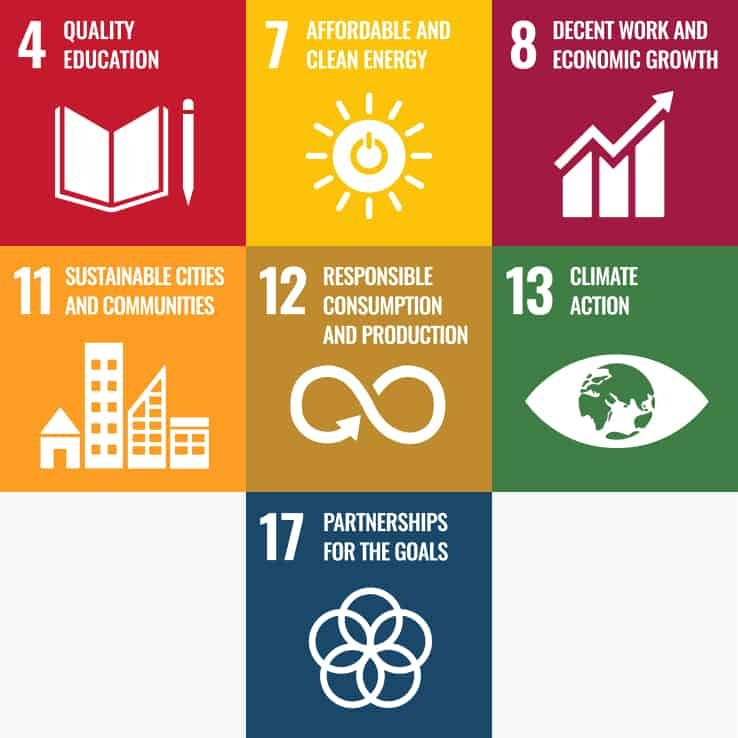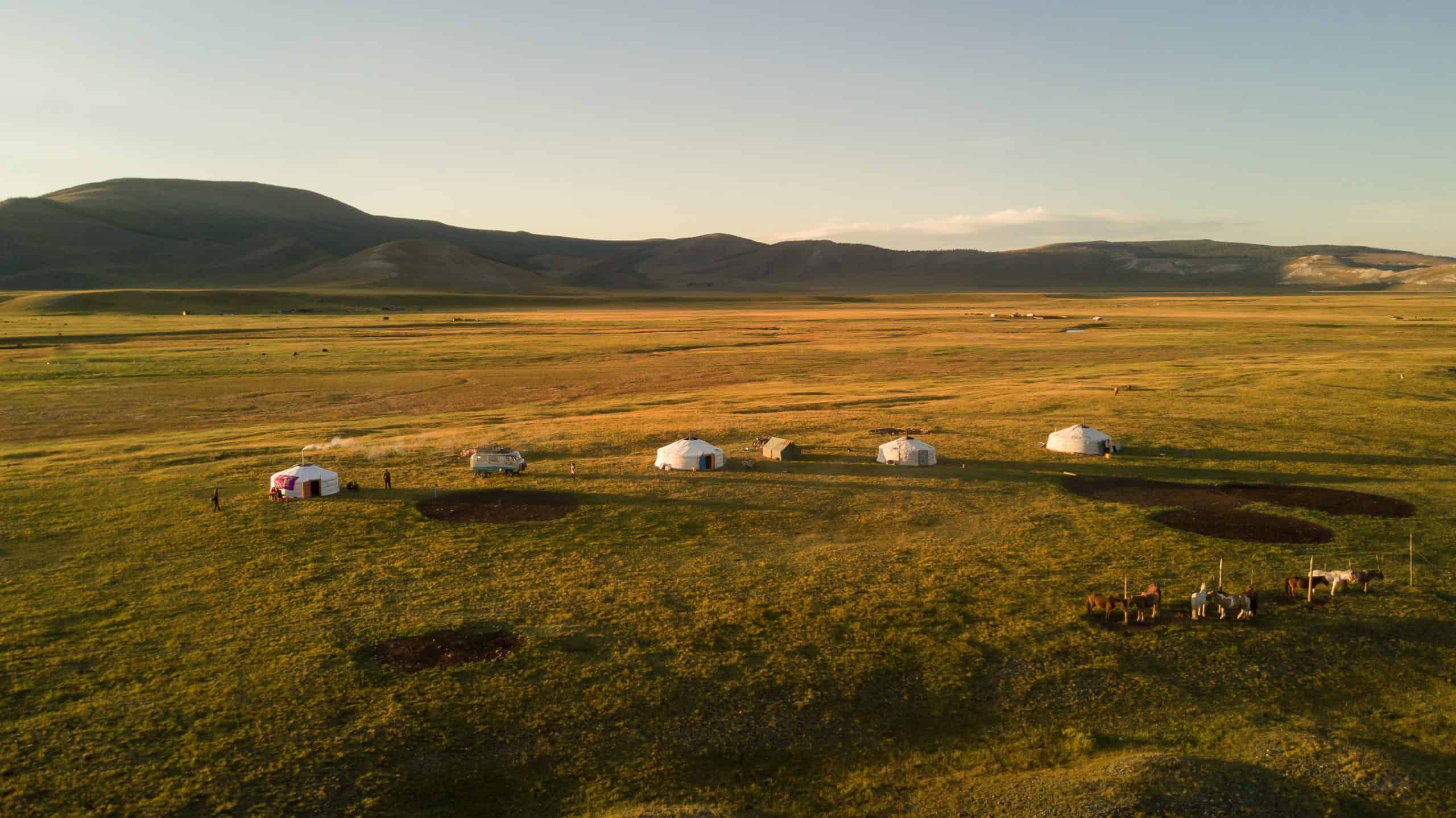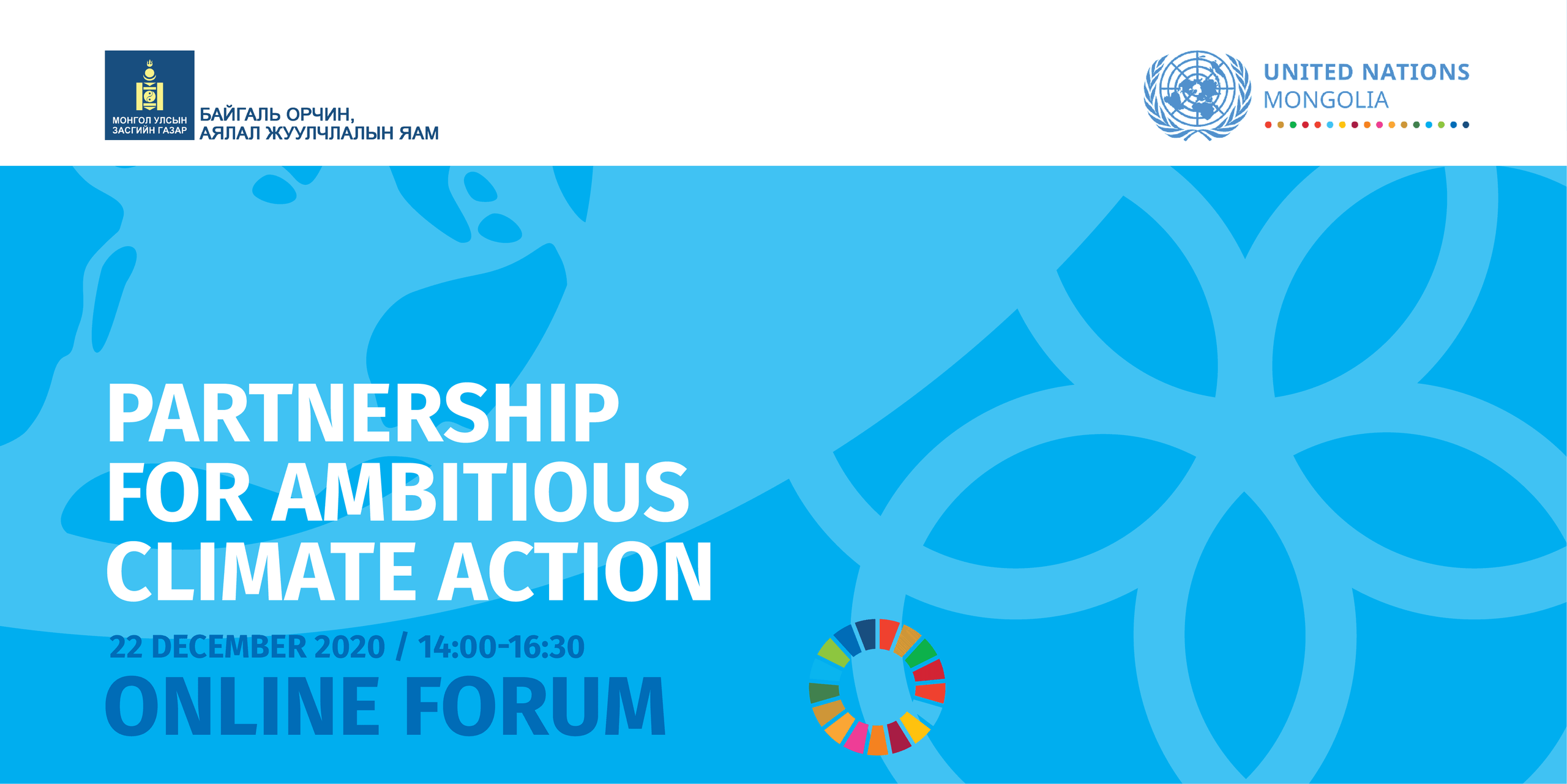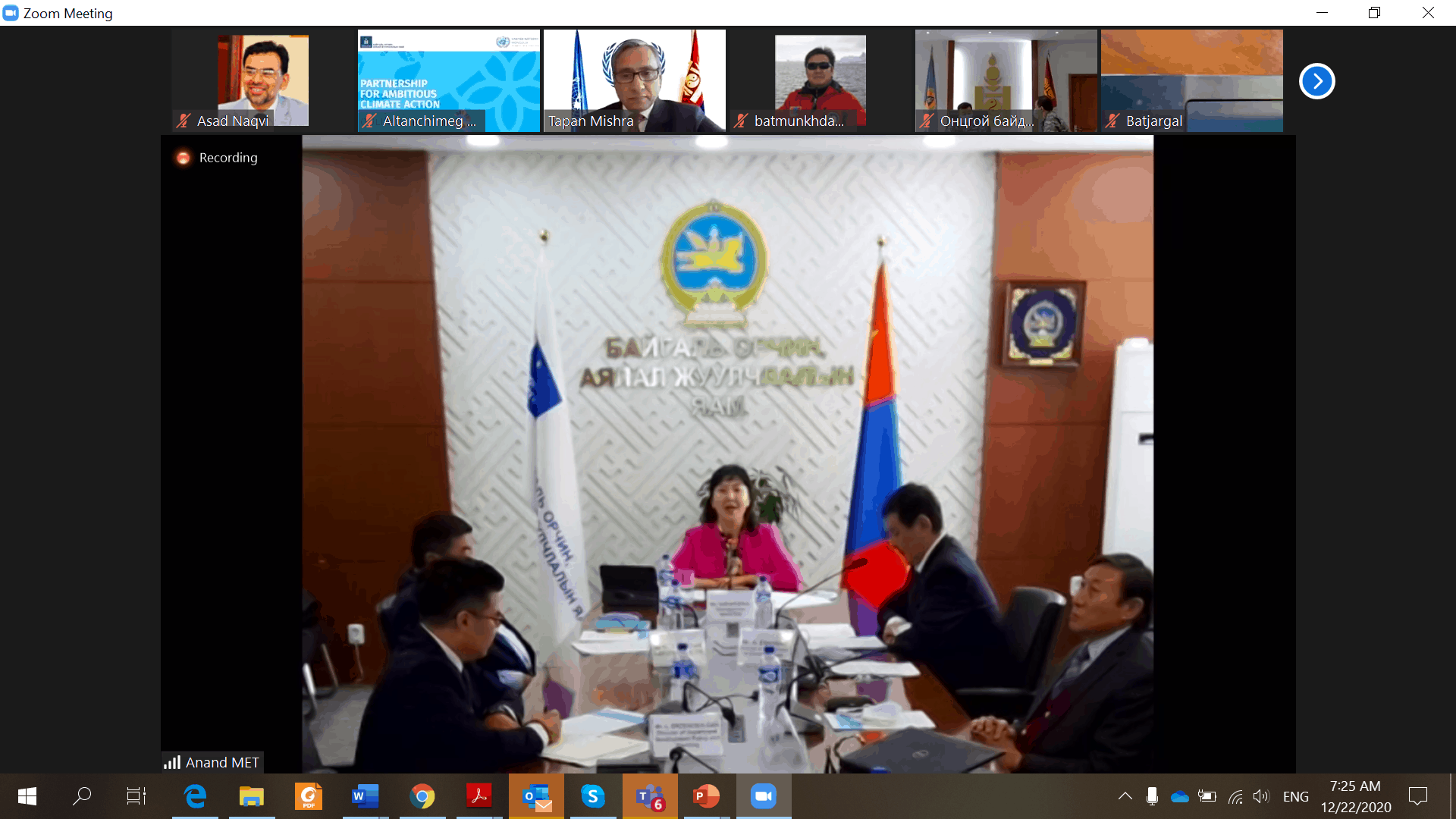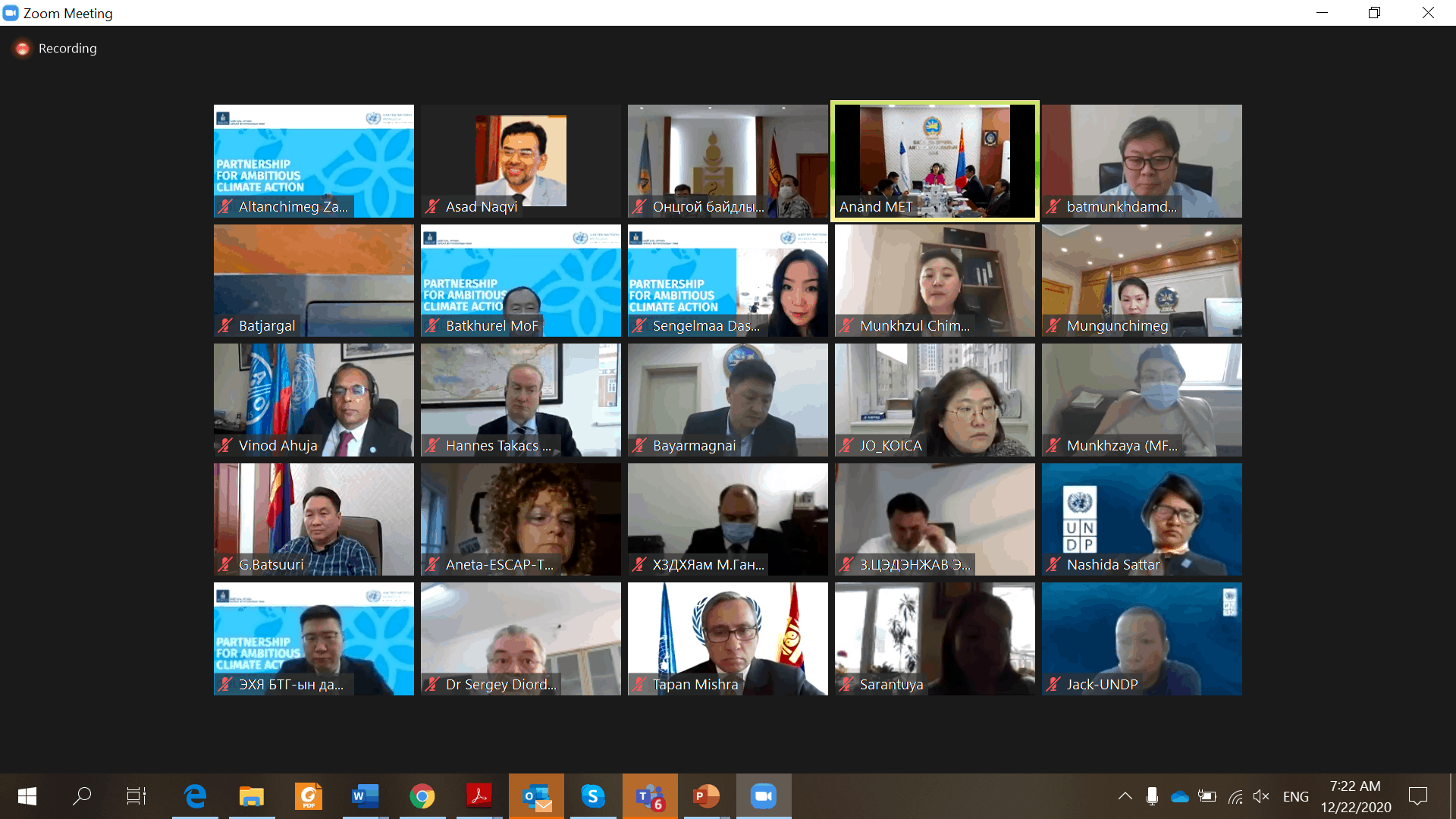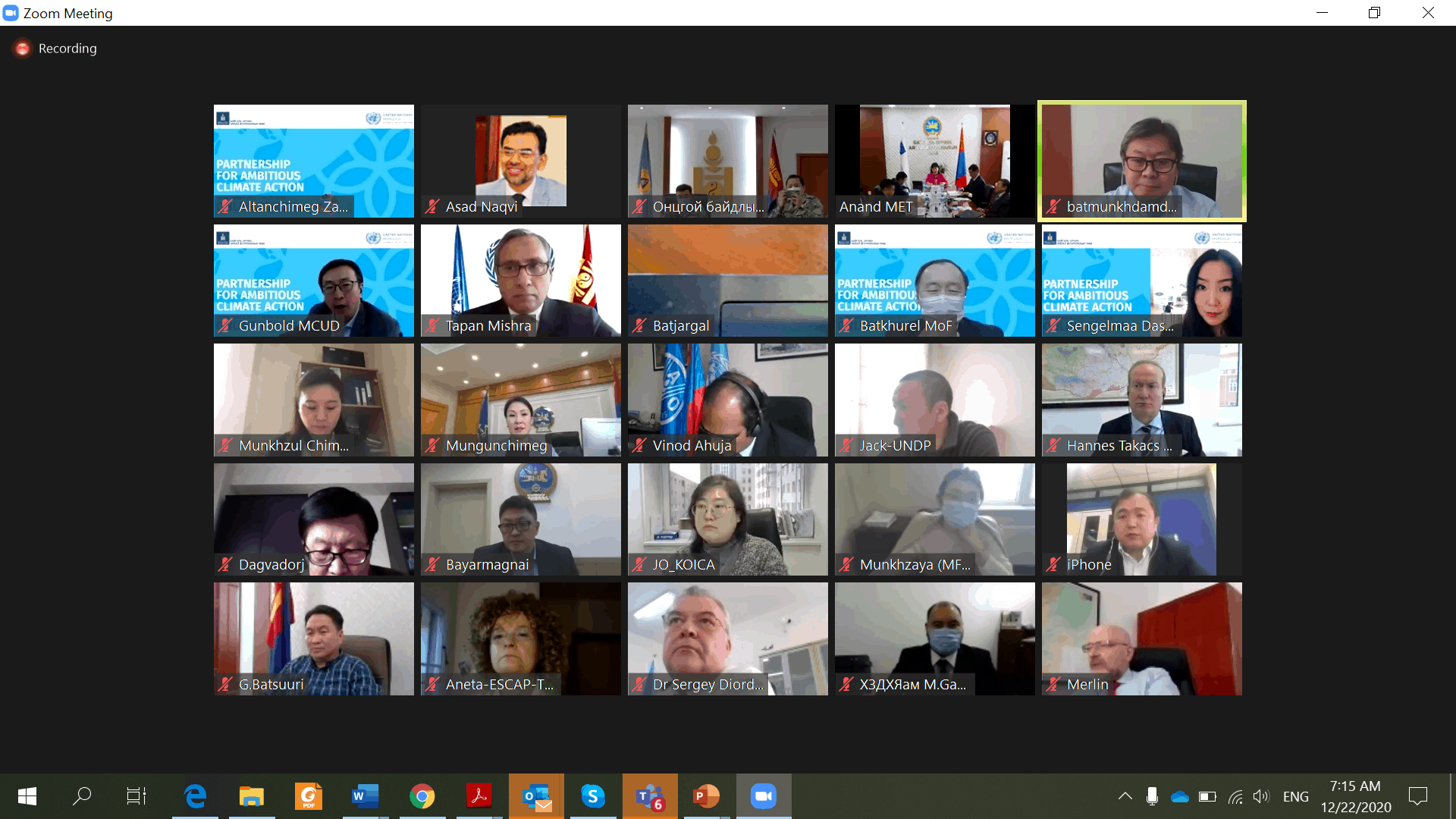Main Navigation
Mongolia
Overview
Mongolia became the first PAGE Graduating Country in 2018 and continues to stay closely linked to the partnership.
Over the past 25 years, Mongolia has transformed into a vibrant democracy, tripling the level of GDP per capita, increasing school enrolments, and seeing dramatic declines in maternal and child mortality. With vast agricultural and mineral resources, and an increasingly educated population, Mongolia is quickly moving towards its long-term development goals. It does, however, face significant environmental challenges, including land degradation, air and water pollution and increasing carbon dioxide emissions. Confronted with these challenges, Mongolia has made strong commitments to alternative growth based on environmental sustainability and social inclusiveness.
PAGE’s work in Mongolia began in 2013, first supporting the creation of the country’s National Green Development Policy (NGDP). This set the tone for strong evidence-based policy analysis, resulting in reforms across a range of sectoral and thematic areas, including sustainable public procurement, finance and trade, green economy learning, green jobs, green buildings, and industry and waste management.
Over the past 25 years, Mongolia has transformed into a vibrant democracy, tripling the level of GDP per capita, increasing school enrolments, and seeing dramatic declines in maternal and child mortality. With vast agricultural and mineral resources, and an increasingly educated population, Mongolia is quickly moving towards its long-term development goals. It does, however, face significant environmental challenges, including land degradation, air and water pollution and increasing carbon dioxide emissions. Confronted with these challenges, Mongolia has made strong commitments to alternative growth based on environmental sustainability and social inclusiveness.
PAGE’s work in Mongolia began in 2013, first supporting the creation of the country’s National Green Development Policy (NGDP). This set the tone for strong evidence-based policy analysis, resulting in reforms across a range of sectoral and thematic areas, including sustainable public procurement, finance and trade, green economy learning, green jobs, green buildings, and industry and waste management.
PAGE began the phase-out process in Mongolia in 2018, accompanied by the development of a comprehensive sustainability plan to safeguard the progress made over the five-year engagement. A number of achievements were counted during that time, including: the integration of Inclusive Green Economy (IGE) goals and targets into national economic and development planning; sectoral and thematic reforms in green buildings and construction, green finance, waste management and sustainable procurement; and strengthened institutional capacity of government institutions, the media, universities, research institutes and businesses.
Following graduation, Mongolia stays closely tied to the partnership as an alumni country, sharing knowledge to help replicate its achievements on a global scale.
Sustainable Development
The partnership in Mongolia has contributed to progress towards SDG 4 (Quality Education), 7 (Affordable and Clean Energy), 8 (Decent Work and Economic Growth), 11 (Sustainable Cities and Communities), 12 (Responsible Consumption and Production), 13 (Climate Action), and 17 (Partnerships for the Goals).
COVID-19 and Green Recovery
The COVID-19 pandemic resulted in significant economic and social impacts for Mongolia, including a 9.7% contraction in the economy within the first half of 2020. The tourism sector, the third-largest contributor to the economy, has been most severely impacted. Additionally, the UN Mongolia Socio-Economic Response Plan for COVID-19 noted that the contraction has further exacerbated the socio-economic vulnerabilities of herders, women and low-skilled youth.
In response, the Government adopted the Government Action Plan for 2020-2024, naming “sustainable tourism based on nature, history and cultural heritage” as key to the country’s economic recovery. In line with this, and building on previous work, PAGE developed a green recovery proposal together with national counterparts in November 2020. To aid the country’s economic recovery, PAGE will support Mongolia to develop a roadmap, national standards and an investment plan to further develop the community-based eco-tourism sector. PAGE will conduct a market assessment to identify gaps and opportunities for promoting sector growth and decent job creation; establish mechanisms for facilitating public-private collaboration; develop sustainability and green/eco-tourism business criteria and service standards; and enhance the capacity of local institutions to train SMEs, youth entrepreneurs, and community-based groups in green business standards and development.
PAGE Milestones
- 2013
Mongolia becomes the first country to join PAGE
- 2014
National Green Development Policy (NGDP) adopted by Parliament
Technical Committee established with inter-ministerial representation
- 2016
Action Plan to support implementation of the NGDP approved by Cabinet
Sustainable Development Vision 2030 adopted by Parliament
- 2017
List of indicators to measure progress towards the NGDP approved
Handbook on green school buildings certified
South-South exchange between Mongolia and Kyrgyz Republic to discuss green economy policy processes
- 2018
Green Economy Policy assessment report completed using T21 modelling
Opportunities to unlock private finance explored, including operationalization of the Green Credit Fund and a roadmap for sustainable finance
Course on green economy modelling offered by the University of Finance and Economics and National University of Mongolia
PAGE commenced support to establish a public-private investment facility to incentivise greener cashmere value chains
National sustainability strategy finalised with follow-up actions to sustain PAGE results
- 2019
National Policy in the Construction Sector adopted
Sub-national green development programmes supported, including the Orkhon Aimag Sustainable and Green Development Policy
Amendment to the Law on Public Procurement and associated Action Plan adopted
New university course on sustainable finance tested, with components integrated into six existing courses
Two workshops held to develop green entrepreneurship and project plans for nine aimags (provinces)
- 2020
Green Economy Policy Review pilot tested in Mongolia
Introductory e-course on green economy launched during “Green Technology Exhibition 2020”
Progress in 2020: A Snapshot
Ensuring the sustainability of results
Environmental budgeting
With initial funding from PAGE, UNDP is supporting a pilot on SDG-based environmental budgeting. UNDP Mongolia worked with the […]
With initial funding from PAGE, UNDP is supporting a pilot on SDG-based environmental budgeting. UNDP Mongolia worked with the Ministry of Finance to introduce a gradual integration of SDGs into its budget cycle — covering sectors as well as processes to ensure state and local budget decision-making account for the Goals.
An initial expenditure trend analysis was conducted in 2019 and the exercise to align budgeting with SDG priorities and indicators covered three areas: special protected areas; desertification and land degradation; and water resource management. In 2020, this involved on-site mission trips to selected provinces to monitor the implementation of the SDGs budget at local government levels; policy objectives mapping to update the approval of the long-term development policy vision (Vision-2050); and the completion of a Fiscal Analysis of the Environment and Tourism Sector to support the implementation of the 2030 Agenda in Mongolia. Additionally, the application of the SDG budgeting methodology was expanded by the MET to develop seven budget programmes along with performance indicators for the 2021 fiscal year.
Piloting the Green Economy Policy Review
Mongolia was selected as a pilot country in 2019 to apply the Green Economy Policy Review methodology, developed by UNEP’s […]
Mongolia was selected as a pilot country in 2019 to apply the Green Economy Policy Review methodology, developed by UNEP’s Economic and Trade Policy Unit under the EU funded project “Inclusive Green Economy Policy Making for SDGs”. The policy review serves to conduct a mid-term review of the NGDP, a national plan which started in 2014 and goes on until 2030. Its findings are currently being discussed with the MET.
Collective buy-in for climate policy
Following the Climate Ambition Summit 2020, the Ministry of Environment and Tourism and the United Nations Mongolia organized the […]
Following the Climate Ambition Summit 2020, the Ministry of Environment and Tourism and the United Nations Mongolia organized the Partnership for Ambitious Climate Action online forum on 22 December – at which PAGE also presented. The forum gathered stakeholders to secure collective commitment to the Nationally Determined Contribution target of a 27.2 per cent reduction in greenhouse gasses, announced by the President of Mongolia during the Summit.
Impact investments for agriculture
UNDP is supporting the creation of a private equity impact investment fund that will cover both Mongolia and China in the agricultural […]
UNDP is supporting the creation of a private equity impact investment fund that will cover both Mongolia and China in the agricultural and livestock value chain. To effectively support the Country Office in ensuring the quality of the Mongolia-China Sustainable Fibres Fund (MCSFF), an international consultant was engaged to assist UNDP in outlining its feasibility. Background analysis has been completed and an MCSFF proposal request is slated for 2021.
National training for green economy
A new introductory e-course on green economy was launched during the Green Technology Exhibition 2020. The Mongolian version of the […]
A new introductory e-course on green economy was launched during the Green Technology Exhibition 2020. The Mongolian version of the course features relevant case studies from the national context and was developed in partnership with MET as well as the MULS, Otgontenger University, National University of Commerce and Business, Mongolian University of Science and Technology, and the National Academy of Governance.


